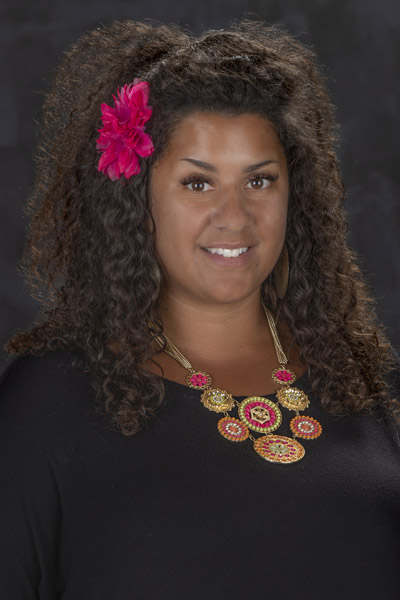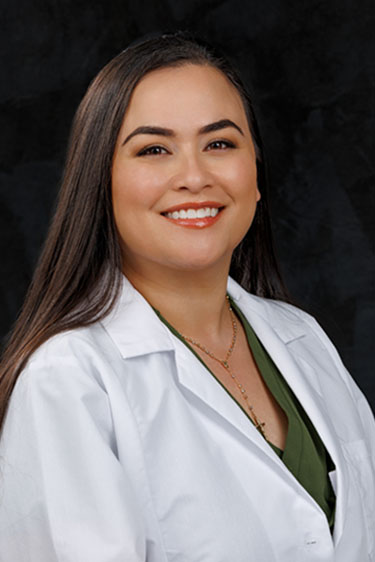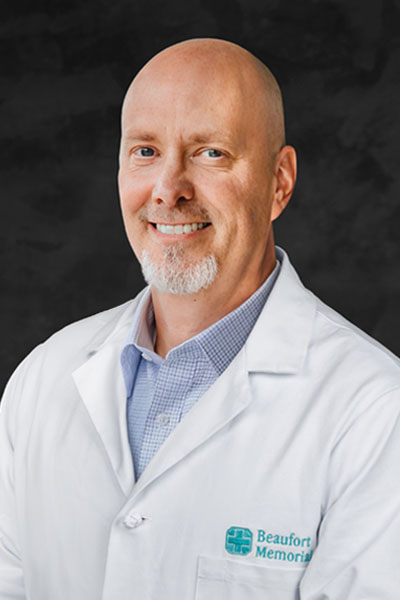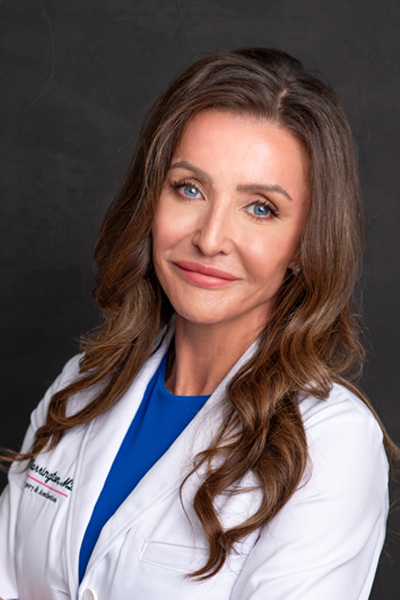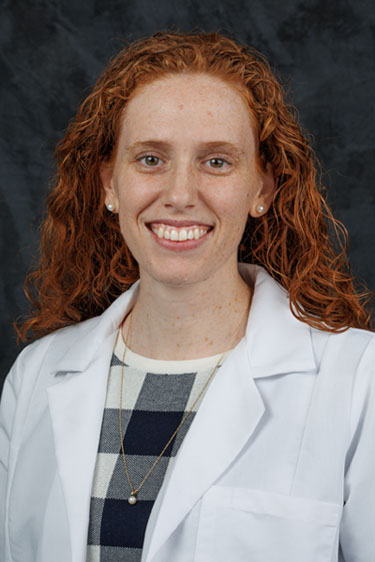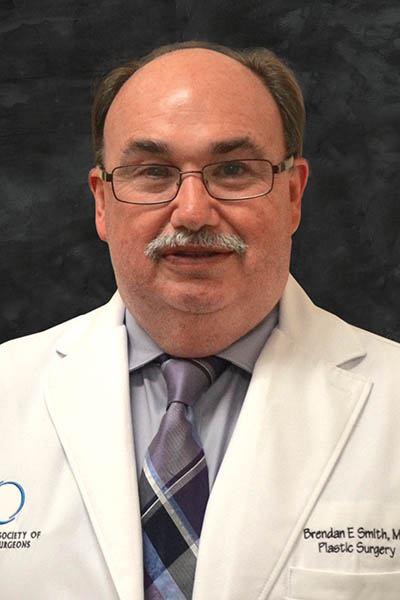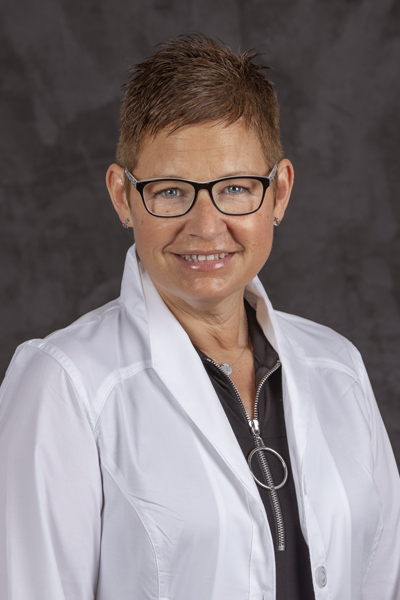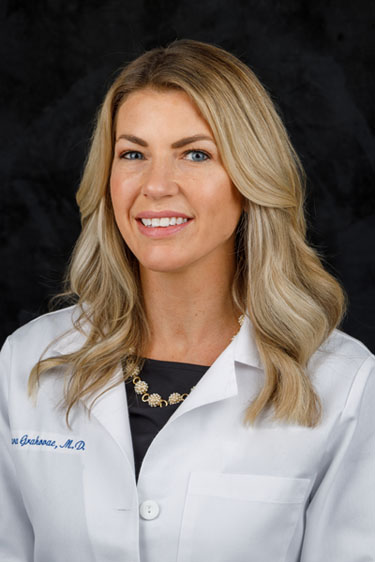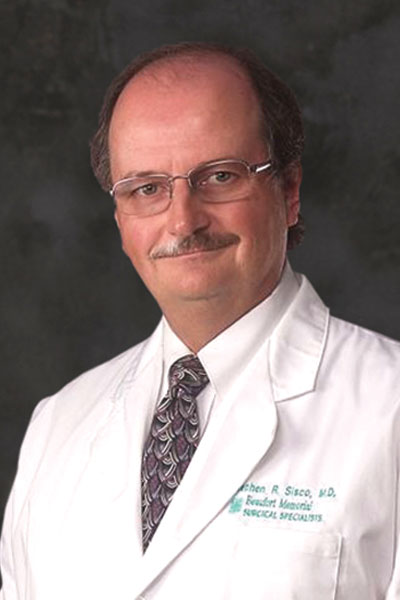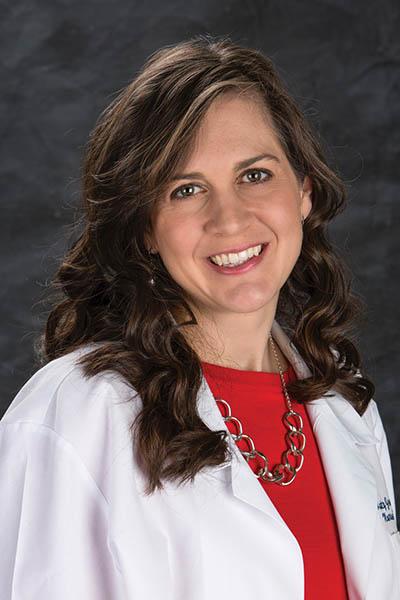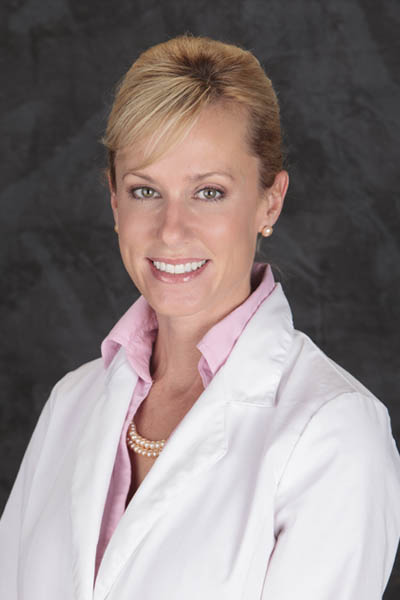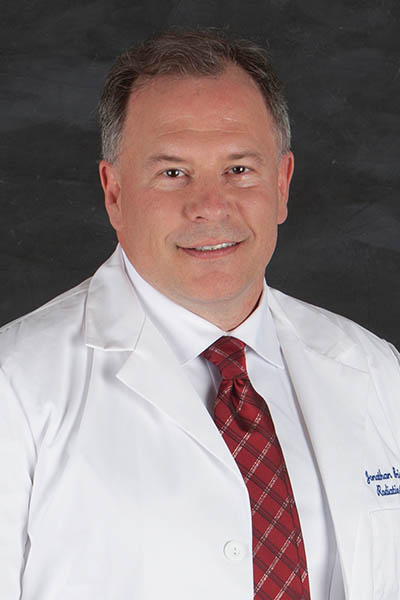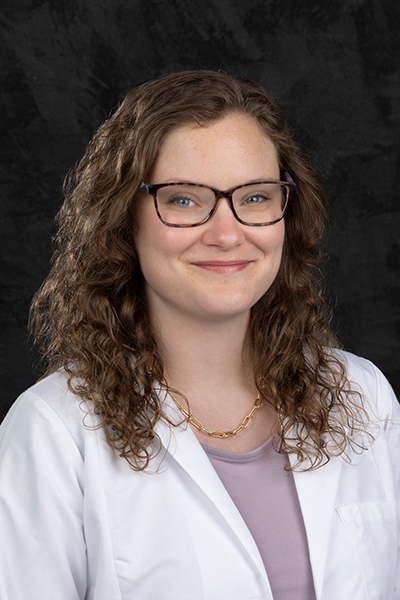Breast Cancer Care
A breast cancer diagnosis can feel overwhelming, and the sheer volume of information and choices to consider can be difficult to process. At Beaufort Memorial, you don't have to take in all that information alone. We pair you with a specially trained breast cancer care navigator who will serve as your personal guide throughout your journey.
Women who seek breast cancer care at Beaufort Memorial have access to our nationally accredited Breast Health Centers and Breast Care & Surgery Program, which offers leading-edge breast care close to home. A partnership with Medical University of South Carolina (MUSC) Health, the Breast Care & Surgery Program pairs our extensive radiation and medical oncology services with the expertise of a board-certified, fellowship-trained breast surgeon. Our multidisciplinary team works alongside your navigator to deliver personalized treatments to every patient.
To connect with a Beaufort Memorial breast cancer care navigator, call 843-522-7465 or find a breast care specialist anytime online.
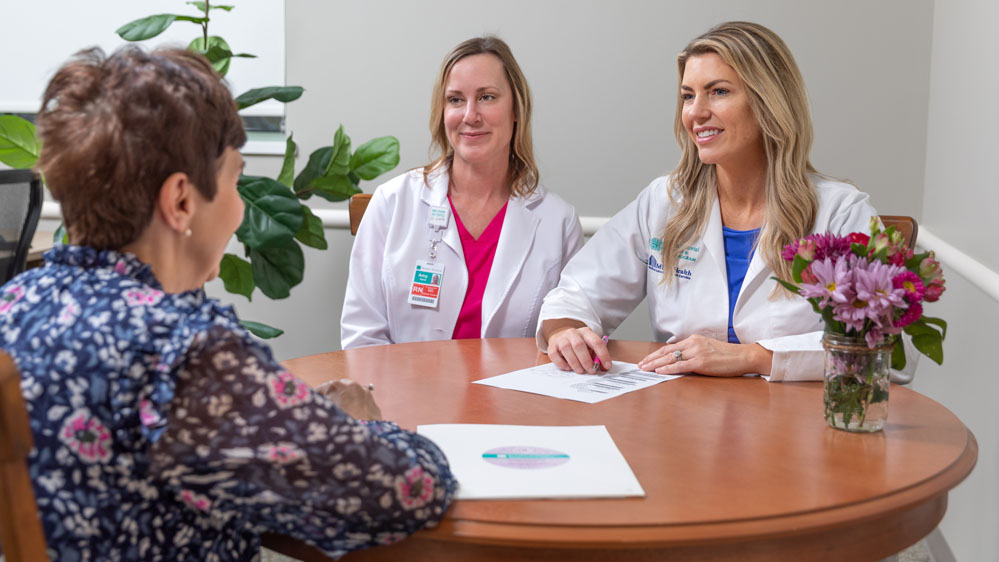
Types of Treatment
Breast cancer care at Beaufort Memorial is never one-size-fits-all. Our oncology team evaluates each patient to determine the most appropriate treatment, whether surgery, radiation or medication-based treatments (also called medical oncology). Your health care team will provide recommendations to you that factor in your type and stage of cancer, as well as your health, wellness and personal goals. Your navigator will be right there with you as you consider the recommendations for treatment
Nonsurgical Treatments
Chemotherapy — medications that stop or slow the growth of cancer cells — can be delivered through an IV or sometimes in pill form. The goal might be for the chemotherapy to shrink a tumor before surgery, kill cancer cells that remain in the body after surgery or radiation, or treat tumors that have developed in other areas. Whenever possible, our medical oncology providers use newer medications that help minimize the side effects of chemotherapy.
Some breast cancers are hormone receptor positive, which means they are fed by estrogen or progesterone. You may receive a medical oncology treatment called hormone therapy to stop your body from producing these hormones to keep the tumor from growing. Hormone therapy can be in pill form or injections.
A type of medical oncology treatment, immunotherapy boosts your immune system and trains it to find and destroy cancer cells similar to how it attacks a virus or infection. Immunotherapy can also help control side effects resulting from other breast cancer treatments.
This nonsurgical treatment uses high-energy rays directed precisely at the tumor to stop the cancer cells’ ability to multiply without damaging surrounding tissue.
Radiation therapy treatments last just a few minutes and typically occur every weekday for several weeks.
Surgical Treatment Options
Breast surgery aims to remove cancerous growth from the breast and/or regional lymph nodes.
Sometimes, a diagnosis can't be made with minimally invasive techniques and surgery is required. Surgical breast biopsy is used to rule out or confirm cancer after an abnormal mammogram. It involves removing a small sample of breast tissue for testing.
Lumpectomy, also called a partial mastectomy, is a breast-conserving surgery that involves removing the cancerous tissue from the breast through a small incision while leaving as much of the healthy breast intact as possible. It allows patients to maintain the overall appearance of their breast with as minimal change as possible. Eligibility for this surgery depends on the size and location of the tumor and other factors.
There are several types of mastectomies, based on how the surgery is done and how much tissue is removed (see below). Each patient has different needs and treatment paths. If you need a mastectomy, we work with you to find the right option.
- Nipple-sparing mastectomy: Breast tissue is removed, leaving your skin, nipple and areola behind to allow for a more natural breast reconstruction after surgery.
- Skin-sparing mastectomy: This procedure allows your surgeon to remove breast tissue but leave the skin intact for breast reconstruction. The nipple and areola often get removed along with the breast tissue.
- Simple (or total) mastectomy: This procedure removes the entire breast, including the nipple. Having both breasts removed is called a double mastectomy.
- Radical mastectomy: A combination of simple total mastectomy, removal of all axillary lymph node tissue and removal of chest wall (pectoral) muscles. This is an extensive procedure that is rarely performed in modern breast cancer treatment options.
Breast reconstruction is a procedure or series of procedures coordinated between the breast oncologic surgeon and plastic surgeon to recreate natural-looking breasts. If cancer has affected the appearance of one or both of your breasts, reconstruction using natural tissue or breast implants can help rebuild your confidence and aid healing.
Breast Cancer Treatment Clinical Trials
Beaufort Memorial offers ongoing, nationally sponsored clinical trials through our partnership with MUSC Health. These studies give you or your loved one direct access to new cancer therapies, devices and medications before they are widely available.
Genetics
Certain genes passed down in your family can increase your risk of breast cancer. About one in ten breast cancers are hereditary. Based on guidelines from the National Comprehensive Cancer Network (NCCN), you may qualify for genetic screening and risk management. Speak with your primary care or women's health provider about your family medical history and the possible need for a referral to the Beaufort Memorial Breast Cancer Genetics and High-Risk Program. Appointments are available in Okatie.
Support Services
What you need to support your health during and after breast cancer treatment is unique to you. Your Beaufort Memorial breast cancer care navigator can connect you with our many resources and other local support services. Some of the support services include lymphedema prevention, nutrition services, exercise recovery and support groups.
Our Breast Cancer Care Team
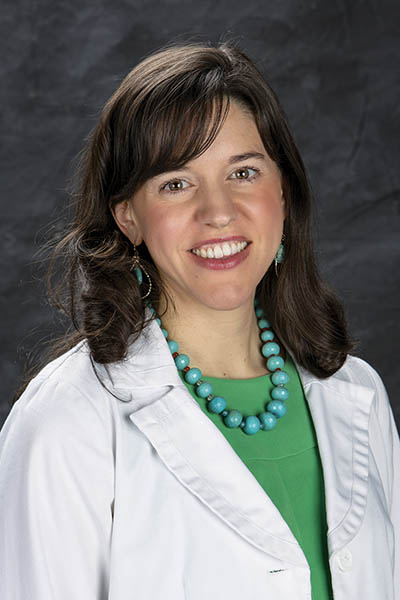
Susanne Baisch, FNP-BC, AOCNP
Nurse Practitioner +1 more
Accepting new patients
Offers virtual visits
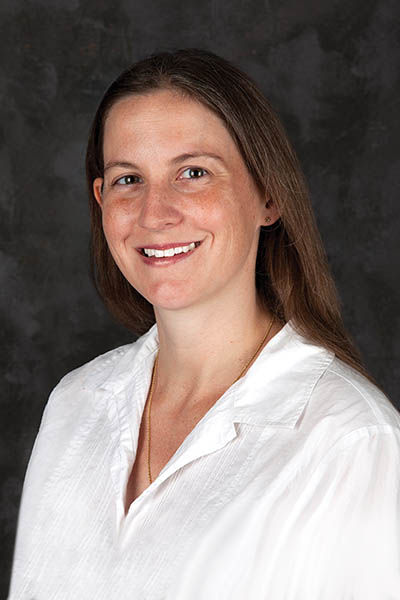
Deanna Mansker, M.D., FACS, CWSP
General Surgery
Accepting new patients
Offers virtual visits

